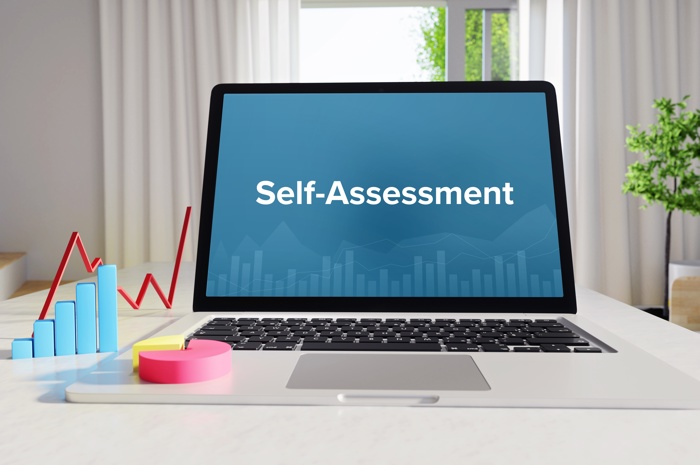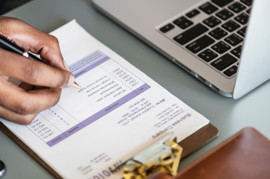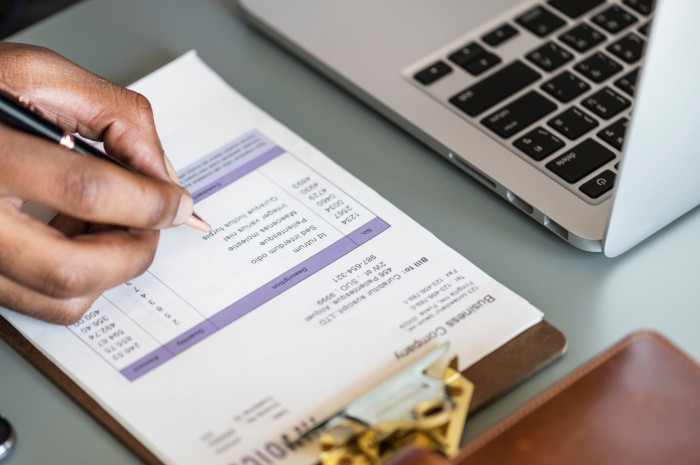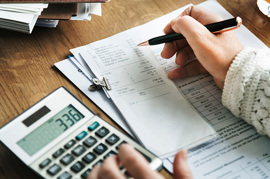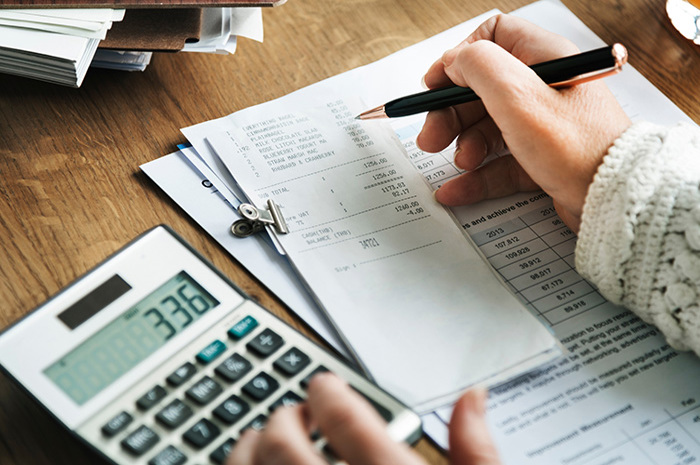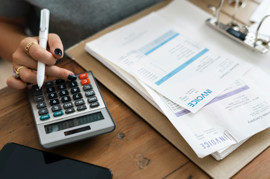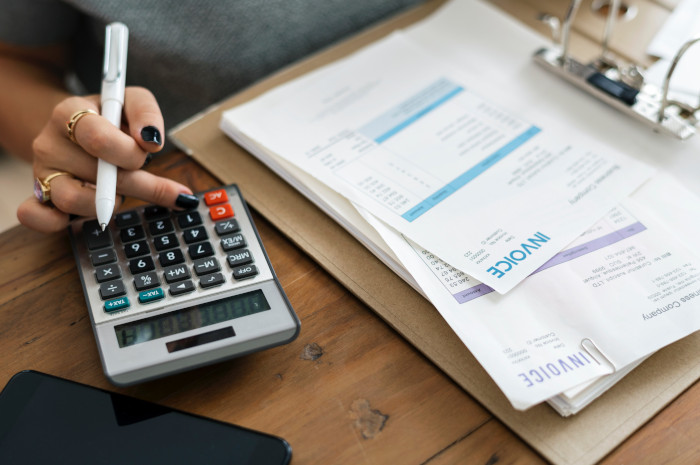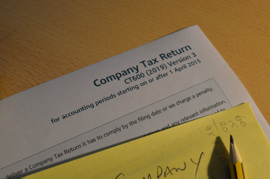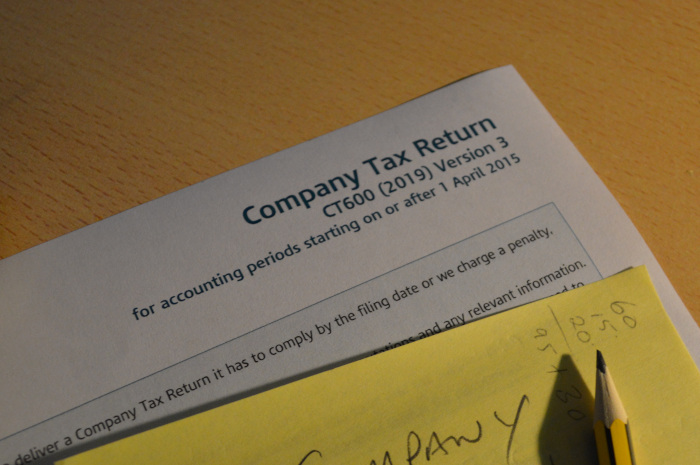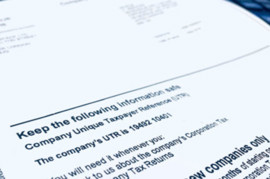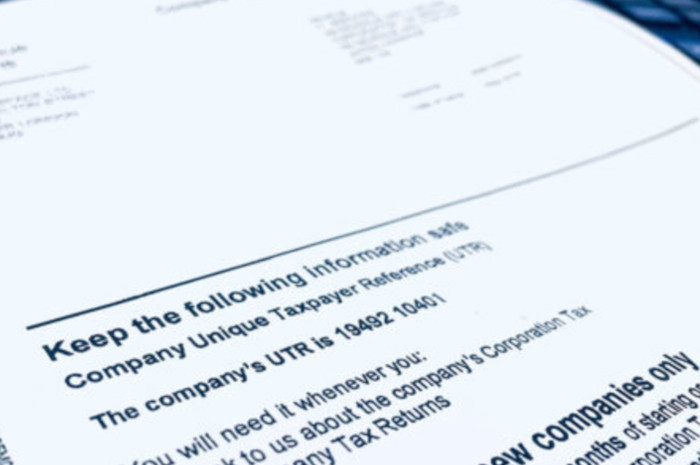Do Director's of Limited Companies need to file a Self-Assessment Return?
A self assessment return is also known as an SA100. The SA100 is the form you need to complete. There are several sections to the SA100 and you will need to complete the relevant sections, depending on where your income is from.
If you are a company director and all of your income has been paid through Pay As You Earn (PAYE) then you would not be required to register for nor file a self assessment return as all the taxes due have already been deducted. Similarly, if you received no taxable income during the tax year then you would not be required to file a self assessment return to HMRC.
Although you would need to register for and file a self assessment return if you received any income during the tax year that needs to be declared because the tax has not been deducted. HMRC would require all company directors to complete and file a self assessment return at the end of their personal tax year if they have received any of the following:
- You received any income where tax was not deducted through PAYE
- You received untaxed income from a foreign business
- You received dividends during the tax year
- Your total taxable income was over £100,000 (before tax) in the 2022/23 tax year or it was over £150,000 (before tax) in the 2024/25 tax year
- You have Capital Gains to declare on the sale of an item that increased in value
- You received income from renting out a property
It is important to remember that as a company director you must make a CT600 tax return for the business and a separate SA100 tax return (in most cases) for your personal affairs, as you and the company are 2 separate legal entities.
Examples for whether you need to file a self assessment return to HMRC would be required:
All of the examples use the criteria for the 2024/25 tax year
Example 1
You are a company director of a Summer Limited and you are paid a salary of £30,000 (before tax) through the company's PAYE system. This means that the national insurance contributions, income tax and any other deductions have already been calculated and deducted from your salary before you receive it. Apart from the salary received you didn't receive any other income within the tax year, therefore you would not be required to file a self assessment return to HMRC.
Example 2
As the company director of Autumn Limited you are paid a salary of £55,000 (before tax) through the company's PAYE system. In addition to your salary, you also received £11,000 dividends that were untaxed. Therefore, HMRC would require you to file a self assessment return as you would need to declare the dividends that were received within the tax year in the SA100 return and pay the relevant tax due on them.
Example 3
Being the company director of Spring Limited you receive a salary of £145,000 (before tax) through the company's PAYE system and you also receive £12,500 from a property that you rented out over the tax year where the tax is yet to be deducted. Due to the untaxed property income and the salary that was received you had a taxable income of more than £150,000 before tax meaning that you would need to file a self assessment return for the tax year.
Example 4
Winter Limited, a UK company, paid you, the director, a salary of £28,000 (before tax) through the company's PAYE system. You also received an income of £7,000 paid to you from outside the UK for work that you had completed abroad for a foreign business. Due to the foreign income received from outside the UK you should file a self-assessment Return to file to HMRC.
What is a 'Notice to Complete a Tax Return'?
A 'Notice to Complete a Tax Return' is a item of correspondence that is sent by HMRC to individuals who they are expecting to file a Self-Assessment Return to remind them to file their return for the tax year stated on the correspondence. A 'Notice to Complete a Tax Return from HMRC' may also be referred to as the SA316 form.
HMRC distributes its 'Notice's to Complete a Tax Return' to all individuals that are kept within their Self-Assessment database. However, you may receive a 'Notice to Complete a Tax Return' will depend on the method you have chosen to receive your correspondence from HMRC, either online or by the post. If you are within HMRC's Self-Assessment database you would then receive a 'Notice to Complete a Tax Return' in your chosen correspondence format between the months of April and May each tax year.
What should I do if I've received a 'Notice to Complete a Tax Return'?
If you have received a 'Notice to Complete a Tax Return' from HMRC then the first step you should take is ensuring that you are registered to file Self-Assessment with HMRC. Once you are registered you should start collecting the information that you will need to complete your Self-Assessment Return (SA100). As a company director you would need to gather your information about the income that you have received over the tax year (salary, dividends & any other incomes received such as property income) as well as any allowable expenses that you may be able to claim to reduce your personal taxable income.
Want to Double Check if you Need to File a Self-Assessment?
If you wish to check whether you need to file a self assessment return. Thankfully, HMRC have provided a useful tool on the GOV.UK website where you can answer a few multiple choice questions anonymously. Then based on the answers to the questions the tool confirms whether HMRC would expect you to submit a Self-Assessment Return for the tax year. If HMRC expects you to file a Self-Assessment then you should follow the steps shown after answering the questionnaire.
If you have any more in depth queries that you wish to ask, you can get in contact with HMRC's Self-Assessment General Enquiries team where you can get in contact with their Self-Assessment helpline who can confirm any queries that you may have about filing your Self-Assessment Return for that tax year.
Want Some More Info?
I trust this article has been helpful and answered any questions that you may have had about filing a Self-Assessment as a limited company director. If you wish to continue reading, you can find a range articles on filing company tax in our Knowledge Base with articles about activating your Corporation Tax Service to a guide about How to file a Confirmation Statement. If you are ready to start filing your company's corporation tax return, you can get started!
